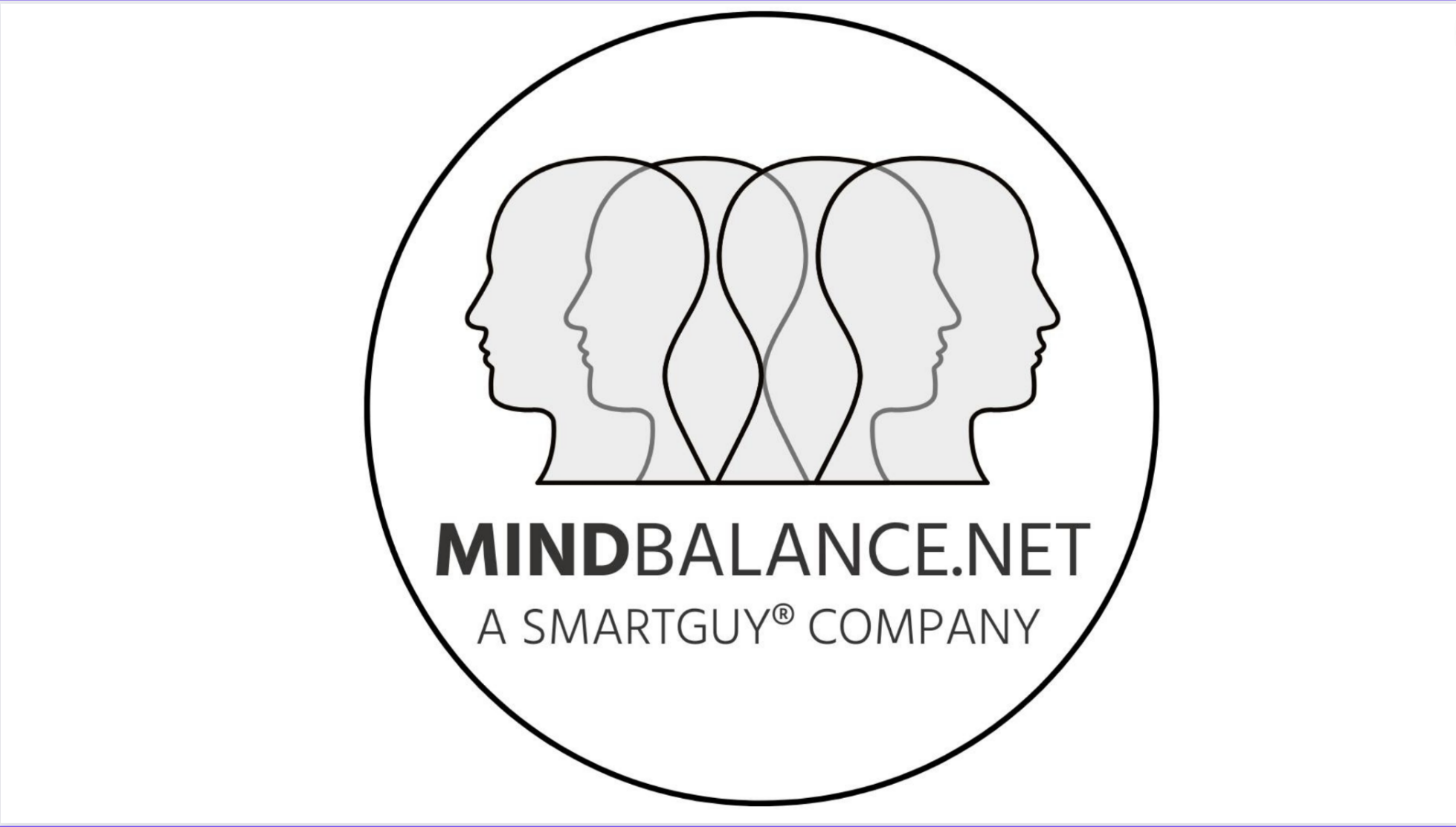Navigating Technology and Media for Optimal Mental Well-Being
In our digital age, technology and media play a significant role in our daily lives. They offer numerous benefits, such as instant access to information, enhanced communication, and entertainment. However, the pervasive presence of technology and media can also impact our mental well-being. At MindBalance.net, we aim to provide insights into how to navigate this digital landscape to maintain and promote mental health.
The Double-Edged Sword of Technology
Technology has revolutionized the way we live, work, and interact. It has made information more accessible and has connected people across the globe. However, excessive use of technology can lead to issues such as digital addiction, reduced attention spans, and disrupted sleep patterns. According to Dr. Jean Twenge, a psychologist and author, “The more time teens spend looking at screens, the more likely they are to report symptoms of depression.” This statement highlights the importance of balancing technology use to safeguard mental well-being.
Social Media: Connection and Comparison
Social media platforms like Facebook, Instagram, and Twitter have transformed the way we connect with others. They provide a space for social interaction, self-expression, and community building. However, they can also foster feelings of inadequacy, loneliness, and anxiety. The phenomenon of social comparison, where individuals compare their lives to the curated and often idealized versions of others, can negatively impact self-esteem. As Dr. Brené Brown, a research professor and author, said, “Comparison is the thief of joy.” It is crucial to use social media mindfully and be aware of its potential effects on mental health.
Managing Screen Time
Setting boundaries around screen time is essential for maintaining mental well-being. Establishing tech-free zones and times, such as during meals or before bedtime, can help create a healthier relationship with technology. The American Academy of Pediatrics recommends that children aged 6 and older should have consistent limits on screen time, while adults can benefit from similar guidelines to prevent overuse.
Digital Detox: Recharging Your Mind
A digital detox, or taking a break from digital devices, can be beneficial for mental health. It allows individuals to reconnect with the physical world, reduce stress, and improve focus. Dr. Mary Aiken, a cyberpsychologist, emphasizes the importance of unplugging, stating, “We need to reclaim our time and attention. It’s not about rejecting technology but finding a balance.”
Leveraging Technology for Mental Health
While it’s important to manage screen time, technology can also be a powerful tool for mental well-being. Mental health apps, online therapy platforms, and mindfulness programs provide accessible and convenient support. For example, apps like Headspace and Calm offer guided meditation sessions that can help reduce stress and improve emotional health.
Practical Tips for Balancing Technology and Mental Well-Being
Set Boundaries: Create specific times and places where technology use is limited, such as during family meals or before bedtime.
Practice Mindfulness: Use mindfulness techniques to stay present and reduce the impulse to check devices constantly.
Limit Social Media Use: Be mindful of the time spent on social media and take regular breaks to avoid the negative impacts of social comparison.
Engage in Offline Activities: Pursue hobbies, exercise, and spend time in nature to balance screen time with real-world interactions.
Use Technology Positively: Leverage mental health apps and online resources to support well-being.
At MindBalance.net, we believe that technology and media, when used mindfully, can enhance our lives. By setting healthy boundaries and leveraging digital tools positively, we can navigate the digital landscape while maintaining optimal mental well-being.
Category: Mind Balance
Related Articles
- How to become more courageous
- Journey Within - A Jewish Path to Self-Discovery and Spiritual Growth
- How to become more stress tolerant
- How to become more communicative
- Overcoming Prejudice and Intolerance - Guidance from Global Faiths
- The SmartGuy plan to Fostering Unity in a Multi-faith Society
- The Long-Lasting Impact of Child Abuse on Mental Health
- The Islamic Quest - Transforming Self for a Fulfilling Life in Allahs Light
- A Cautionary Vision - The Grim Future of a Divided World Without Love and Balance
- Discovering Hinduism - A Deep Dive into Its Traditions Texts and Teachings
- Building a Positive Attitude - Strategies for a Happier and More Fulfilling Life
- Mind Matters- The Chiropractic Approach to Personal Growth
- Unlocking Happiness and Success- Effective Positive Thinking Techniques
- Navigating Diversity - Jerusalem's Tactical Approach to Interfaith Harmony
- how to balance your mind and achieve greater happiness
- 50 positive affirmations to be read every day
- Preparing Kids for Adulthood - 15 Vital Skills They Wont Learn in School
- Environmental toxins that can have significant effects on mental health
- The Vital Connection Between Mental Health and Sleep
- Exploring World Religions - A Colorful Journey for Kids
Business News
Popular Posts
- Jerusalem's Lesson - A Blueprint for Global Harmony Among Diverse Faiths
- Clearing Mental Plaque: The Path to Enhanced Communication and Divine Connection
- Finding Strength and Safety in Scripture - 25 New Testament Passages to Combat Spiritual Attacks
- How Mind Balance Brings People Closer to God
- Ways to Remove Stress from Trauma in the Nervous system
- Why Return to Jesus Christ and the Church
- Top 50 Ways to Live Longer
- Environmental toxins that can have significant effects on mental health
- Adventurous Romance -The Key to Enhancing Relationship Chemistry
- What Shapes Your Mental Well-being
- Herb-Crusted Ribeye Steak with Bone Broth Reduction
- Bacon-Wrapped Chicken Thighs with Creamy Garlic Sauce
- Slow-Cooked Lamb Shanks with Rosemary and Garlic
- Pork Tenderloin with Mustard Cream Sauce
- Stuffed Bell Peppers with Quinoa and Black Beans
- Exploring Therapeutic Interventions for Optimal Mental Well-Being
- The Power of Physical Activity for Mental Well-Being
- Understanding the Link Between Mental Health and Substance Abuse
- The Long-Lasting Impact of Child Abuse on Mental Health
- Hormonal Imbalances and Life Transitions
